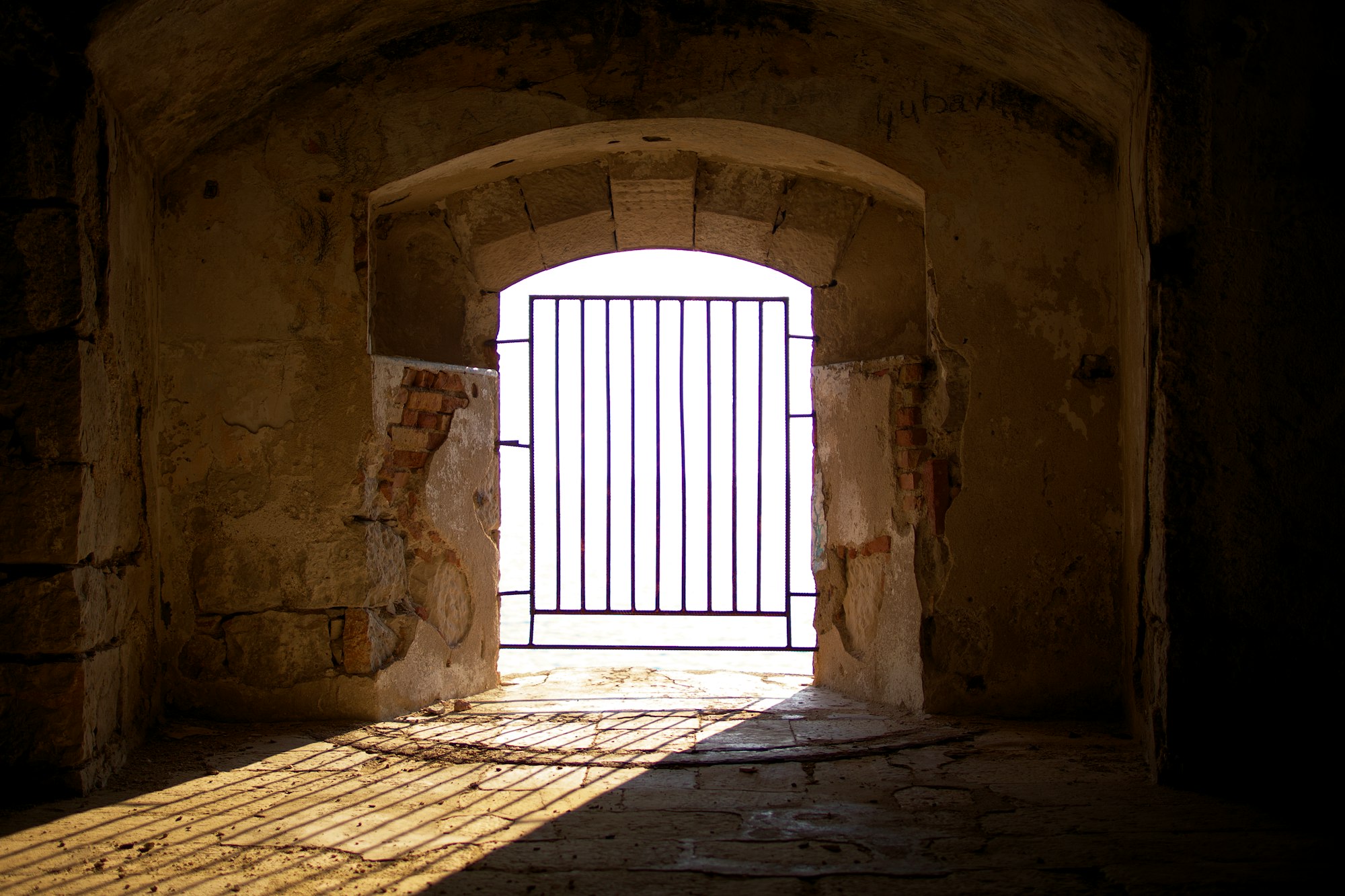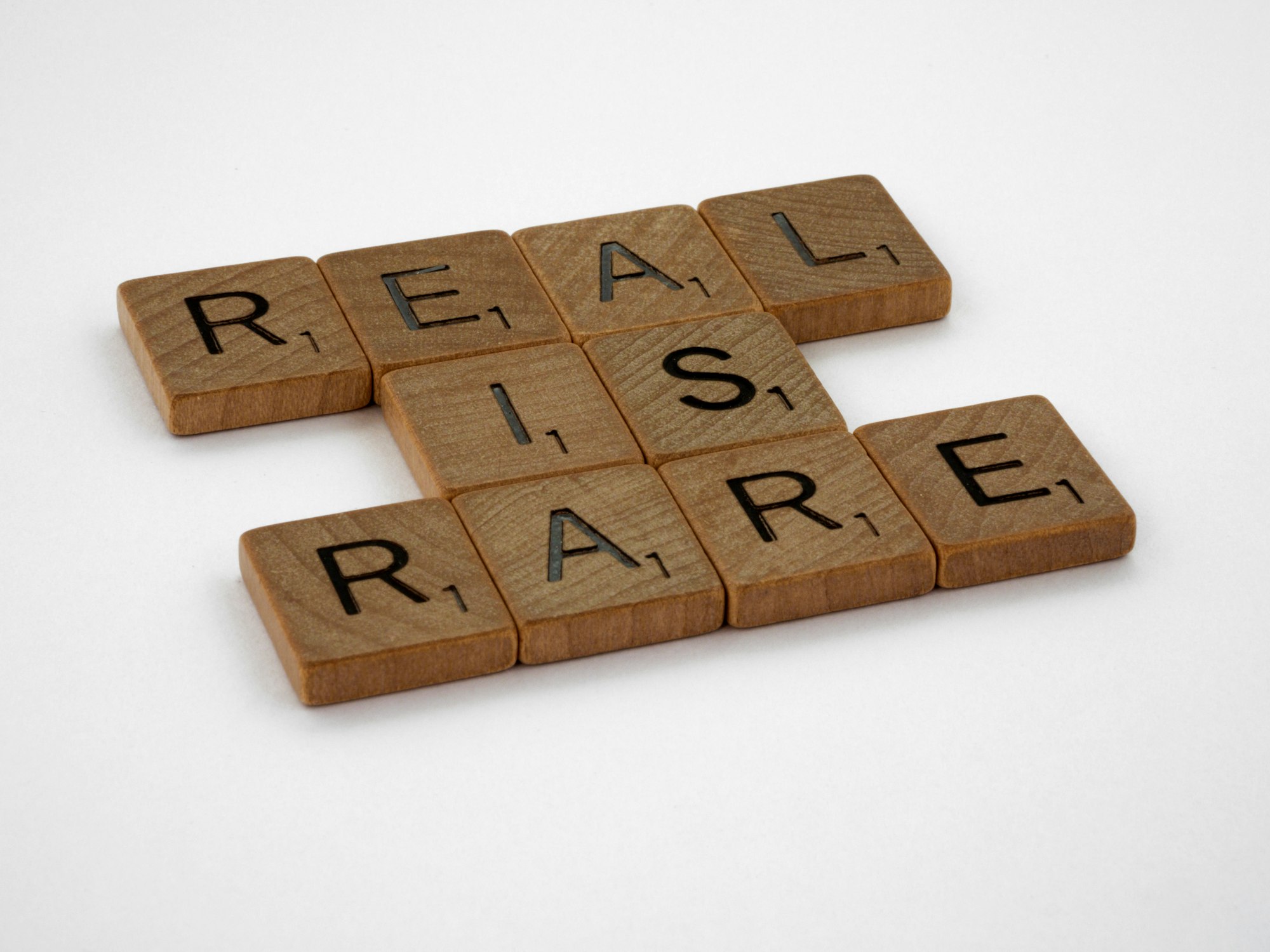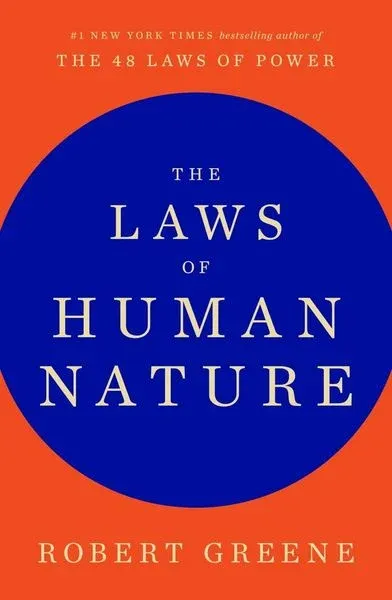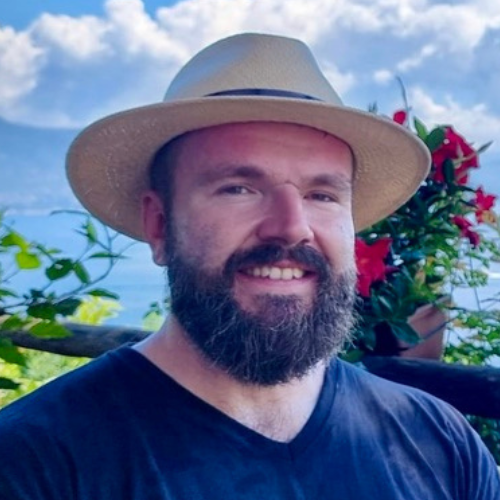Unmasking the Introvert: The Truth About Why Socializing is Exhausting and How to Change
Society often categorizes introverts as quiet and reserved, while extroverts are more expressive. However, the reality is more complex. People wear social masks to conceal their shadow selves. This causes energy drain, especially for introverts. Read this article to embrace your authentic self!

Introvert or Extrovert: an ongoing query
That is one of those inquiries where you are expected to categorise yourself precisely:
Which category do I fall into, introvert or extrovert?
One's labelling begins right away in the classroom. Someone is more of an extrovert if they are very expressive and always say what comes to mind. Someone is an introvert if they are quiet and prefer to sit in the corner.
I've never been good at putting myself in a box because my behaviour has evolved through time and changed depending on the context. The level of energy and mood also have a significant role.
Why does society feel the need to place you in either of the two categories?
I believe the explanation is that people enjoy categorising other people's conduct and understanding their motivations. We would like to suppose that someone is being quiet across from us because they are introverted rather than because they don't like us.
I don't want to leave myself out of this because I also tend to think with these preconceived notions.

It isn't black or white.
The categorisation is probably not as cut-and-dry as it first appears, as is often the case in real life. It happens gradually.
I am the same way; if pressed, I would identify as an introvert, but I can put on an extroverted mask when necessary (such as during public speaking or group interactions).
A helpful definition: it's about energy drain.
Extroversion and introversion are described in a variety of ways. However, I think the following definition makes the most sense:
When they are alone, introverts feel more energised yet they do the opposite when they are with other people.
Extroverts are more energetic when they are around others and less so when they are alone themselves.
I categorically fit under this criterion of an introvert. This option is so apparent to me that it's difficult even to consider the possibility of someone who gets energised by being around others.
But sure enough, others in my contacts must continually travel to see friends, acquaintances, and relatives because they can't stand to be alone. They wouldn't do that when it would drain energy.

Why does one experience energy loss, whereas the other experiences energy gain?
I am the type of person who enjoys learning about the why and how of the world around them, so I am happy to announce that after reading a book two years ago, I finally realised what was causing me to lose energy whenever I was in a social setting.
At the time, I read the book "The Laws of Human Nature," and I was immediately enthralled by it since the descriptions of human actions were consistent with my observations and made perfect sense.
Not a psychological treatise but rather a classification by a writer (Robert Greene) who has had the opportunity to watch many individuals in various settings.
Because many people will identify their shadow sides in his depictions, the book is likely to be highly controversial. I haven't heard it, but I can assume that it is.

My aha moment came realising how social masks and shadow-selfs work.
According to the book's premise, everybody has a shadow self inside of them that they diligently conceal from other people. To conceal this shadow self, people wear social masks.
Thoughts, beliefs, and behavioural patterns that one does not want to admit to oneself can be found in the shadow self. However, they exist and may surface in tense circumstances.
To understand a person's genuine nature, Greene advises studying them in stressful conditions.
This aligns with my findings. I've never understood why some people are so contradictory: They act very differently when drunk, surprised, or under pressure.
This reasoning would explain why some people experience energy loss in social contexts while others experience energy gain.
Naturally, putting on social masks drains a lot of energy. The greater one's desire to conceal themselves and the greater the need to put up masks and barriers, the more effort is required.
If you're the type of person whose external actions reflect their inner values, then you don't have to worry about things like this and can instead focus on the company you keep. Invigoration comes from living in the present.

From my own experience and transformation, I think this is true.
I disguised several aspects of my personality, especially in my 20s. For example, having a carefree attitude or the desire to promote my views and ideas vigorously.
When in doubt, I would rather say nothing in social circumstances than say something "bad" because I wore numerous masks. An introverted personality follows naturally from this.
I discovered in my 30s that I actually could act on how I felt and thought. Very few aspects of my personality are hidden from others at this point.
How on earth did I do that? I've found that revealing your genuine, previously hidden self doesn't hurt but helps. People adore you when you are consistent and authentic. This stimulates the removal of masks as a result.
Meanwhile, I'm able to enjoy myself at gatherings with others.
Okay, so you're an introvert; how can you handle social situations?
The challenge of this blog post is how to turn the above information into actionable advice and suggestions for introverts.
I want to encourage you to think about whether you are (unnecessarily) hiding behind masks and personas that do nothing but drain your energy in social situations and hold you back in life.
What characteristics do you hide from yourself and others because you don't want to admit them to yourself?
Do they truly need to be kept secret?
What's wrong with having an oddball sense of humour or bizarre ideas?
What happens when those around you don't share your core beliefs? They are open to them, willing to share them, or they have no business being in your inner circle.

The Laws of Human Nature: Robert Greene
Robert Greene is a master guide for millions of readers, distilling ancient wisdom and philosophy into essential texts for seekers of power, understanding and mastery. Now he turns to the most important subject of all - understanding people's drives and motivations, even when they are unconscious of them themselves.
Just consider this food for thought, and if you like to deepen this, it could be worthwhile to read the book I suggested earlier.
Conclusion
In conclusion, whether introverted or extroverted is complex, and it isn't easy to place oneself in a single category. Society tends to categorise people's behaviour and understand their motivations, but the reality is that it's not black and white. People can exhibit different behaviours depending on the context and energy level.
I would identify as an introvert as I tend to feel more energised when I'm alone, while socialising drains my energy. I realised why this is the case after reading "The Laws of Human Nature" by Robert Greene, which explains that everyone has a shadow self that they conceal from others by wearing social masks. This effort of hiding one's true self takes a lot of energy and can lead to feelings of exhaustion in social situations.
Over the years, I have transformed, and now I can act on how I feel and think. I have found that revealing my genuine self has only helped me as people appreciate authenticity and consistency. I have learned to enjoy social situations by being myself and not hiding behind masks.
Overall, the key to handling social situations as an introvert is to be true to oneself and embrace one's genuine personality. By doing this, one can focus on the present moment and the company they are with rather than worrying about the need to hide behind social masks.
Feel free to add your tips and thoughts to this page's comment section, Twitter or LinkedIn!
Best regards,
-- Martin from Deliberate-Diligence.com

Discussion